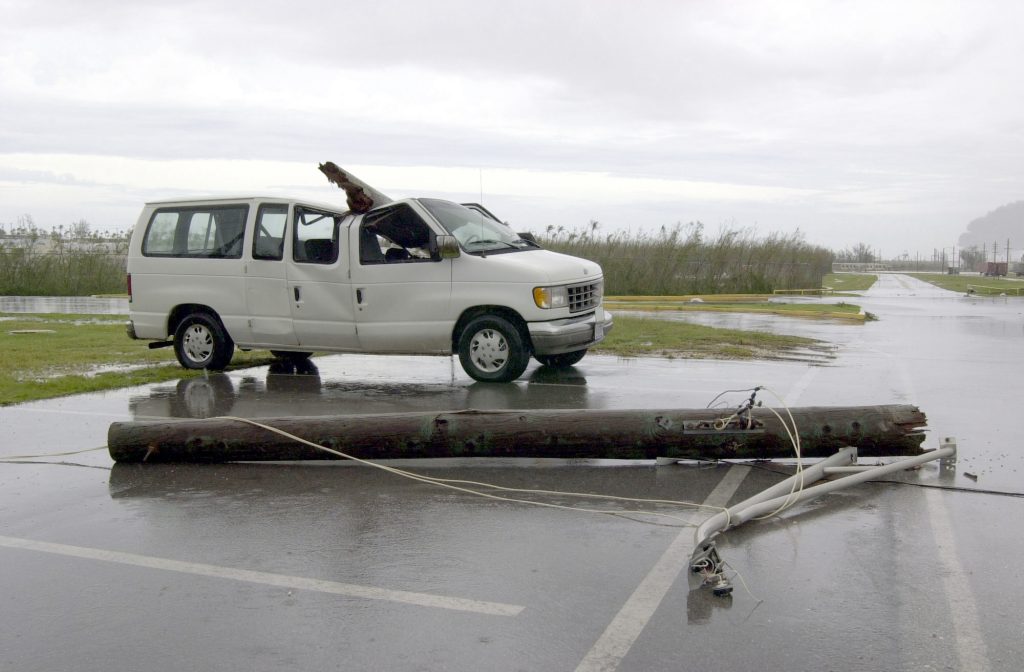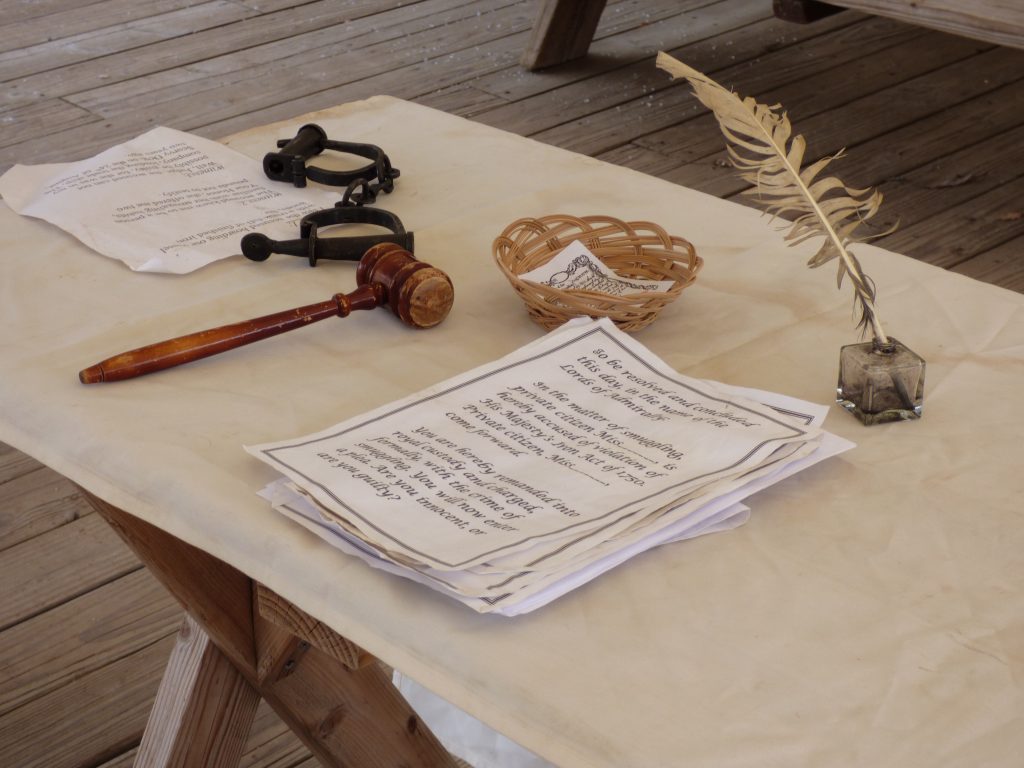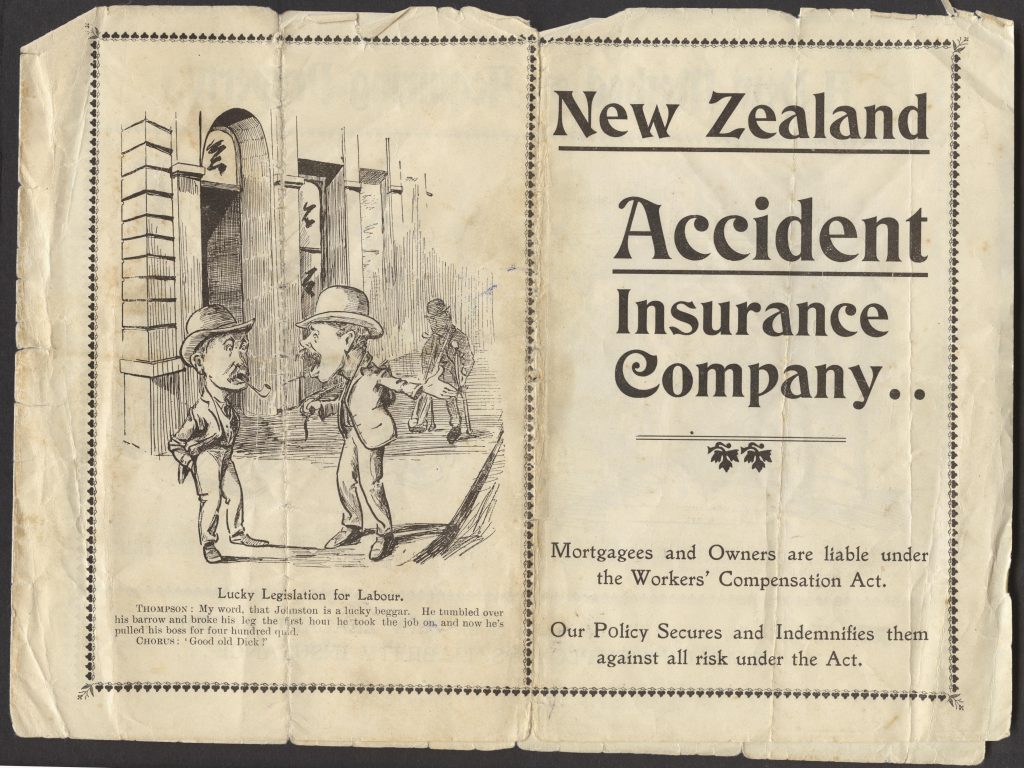 Countless people are at risk of being in a car accident every day. Imagine you are on your usual morning commute to work, but suddenly someone rear-ends you causing injuries that change your life forever. You deserve to be compensated as much as you can to restore yourself to the state you were in before the accident. However, what happens when the defendants appeal the amount of damages you are supposed to receive?
Countless people are at risk of being in a car accident every day. Imagine you are on your usual morning commute to work, but suddenly someone rear-ends you causing injuries that change your life forever. You deserve to be compensated as much as you can to restore yourself to the state you were in before the accident. However, what happens when the defendants appeal the amount of damages you are supposed to receive?
On December 9, 2013, a traffic accident occurred when the automobile operated by the defendant, Justin Wascom, Jr., owned by his employer, Clean Water Opportunities, Inc. (“Clean Water”), and insured by Hallmark Specialty Insurance Company (“Hallmark Insurance”), rear-ended the automobile operated by the plaintiff, Evette Neal. Mr. Wascom was driving the automobile when he rear-ended Ms. Neal’s vehicle. Her vehicle hit the side concrete wall, left the roadway, flipped over, hit a tree, and finally stopped in a canal. Ms. Neal filed suit against Mr. Wascom, Clean Water, and Hallmark Insurance, seeking damages for injuries to her neck, back, shoulders, legs, chest, sternoclavicular (“SC”) joint, collarbone, hands, and fingers allegedly sustained as a result of the accident.
On March 15, 2016, a trial was conducted as to the issue of damages. At trial, the parties stipulated to liability and insurance coverage. On April 1, 2016, Ms. Neal was awarded various amounts for general damages, medical expenses, future medical expenses for continued operations, lost wages, and all costs of the proceedings. However, Mr. Wascom and Hallmark Insurance appealed stating there was an error as to the amount of general damages awarded to the plaintiff. The defendants argued that the trial court abused its discretion in awarding $700,000 to Ms. Neal for her injuries. These injuries included a partially dislocated SC joint, a strained shoulder, a strained neck, and a strained back. However, the defendants assert that Ms. Neal already had neck and shoulder injuries prior to the accident and they were only made worse by the accident. The defendants also asserted that she only missed one month of work and she now has full range of motion in her shoulder and arm.
 Louisiana Personal Injury Lawyer Blog
Louisiana Personal Injury Lawyer Blog


 When you select someone to serve as a trustee or executor, you expect they will act in your best interest. If someone in such a position of trust breaches that obligation, they might be liable for a breach of fiduciary duties.
When you select someone to serve as a trustee or executor, you expect they will act in your best interest. If someone in such a position of trust breaches that obligation, they might be liable for a breach of fiduciary duties.  A difficult part of dealing with a family member’s death is balancing your grief with having to deal with the practical considerations of administering their estate. This can lead to family conflict, especially when there is disagreement about who gets what. Although clear language in a will or testament can help avoid such disagreement, what happens when the language of the testament and related documentation are unclear about who the deceased wanted to receive specific bank accounts?
A difficult part of dealing with a family member’s death is balancing your grief with having to deal with the practical considerations of administering their estate. This can lead to family conflict, especially when there is disagreement about who gets what. Although clear language in a will or testament can help avoid such disagreement, what happens when the language of the testament and related documentation are unclear about who the deceased wanted to receive specific bank accounts? If you want to decline uninsured/underinsured (“UM”) coverage, you might think it is sufficient to merely tell your insurer you do not want UM coverage. However, under Louisiana law, there are strict requirements with which you must comply in order to validly waive UM coverage. What happens if the insured does not follow those formal requirements?
If you want to decline uninsured/underinsured (“UM”) coverage, you might think it is sufficient to merely tell your insurer you do not want UM coverage. However, under Louisiana law, there are strict requirements with which you must comply in order to validly waive UM coverage. What happens if the insured does not follow those formal requirements?  We all know that words matter. However, sometimes people use offensive or disrespectful words or slurs in the workplace. Workplaces often have policies in place that lay out prohibited behaviors and establish disciplinary actions for infractions, including use of disrespectful language. Such discipline can range from a write-up to termination and depends on the specific offense. Is use of a racial epithet grounds for termination?
We all know that words matter. However, sometimes people use offensive or disrespectful words or slurs in the workplace. Workplaces often have policies in place that lay out prohibited behaviors and establish disciplinary actions for infractions, including use of disrespectful language. Such discipline can range from a write-up to termination and depends on the specific offense. Is use of a racial epithet grounds for termination? We all expect the government to take appropriate measures to keep roads safe. If you or a loved one has been harmed from an unsafe road condition, you might be able to file a lawsuit against the Department of Transportation and Development.
We all expect the government to take appropriate measures to keep roads safe. If you or a loved one has been harmed from an unsafe road condition, you might be able to file a lawsuit against the Department of Transportation and Development.  When you are in love, you might make purchases for your loved ones without giving them much thought. But what happens to big ticket purchases, like a car, if your relationship sours?
When you are in love, you might make purchases for your loved ones without giving them much thought. But what happens to big ticket purchases, like a car, if your relationship sours? If you are injured on the job, you might be entitled to compensation through the workers’ compensation system. What happens if your employer denies your claims for treatment recommended by your treating physicians? Can your employer be required to pay you penalties and fees?
If you are injured on the job, you might be entitled to compensation through the workers’ compensation system. What happens if your employer denies your claims for treatment recommended by your treating physicians? Can your employer be required to pay you penalties and fees? Entering into a settlement agreement can help efficiently resolve a lawsuit and allow both parties to move forward. However, sometimes you might be involved in multiple interrelated lawsuits. If you sign a settlement agreement with one party, are you precluded from pursuing other related litigation?
Entering into a settlement agreement can help efficiently resolve a lawsuit and allow both parties to move forward. However, sometimes you might be involved in multiple interrelated lawsuits. If you sign a settlement agreement with one party, are you precluded from pursuing other related litigation? Buying and selling real estate can be stressful because of the emotions and large sums of money involved. In order to have certainty in transactions involving real estate, Louisiana law has strict requirements of what is required to form a valid contract, including signatures from both the buyer and seller. What happens if a would-be buyer unilaterally signs a contract and claims they own your property?
Buying and selling real estate can be stressful because of the emotions and large sums of money involved. In order to have certainty in transactions involving real estate, Louisiana law has strict requirements of what is required to form a valid contract, including signatures from both the buyer and seller. What happens if a would-be buyer unilaterally signs a contract and claims they own your property?